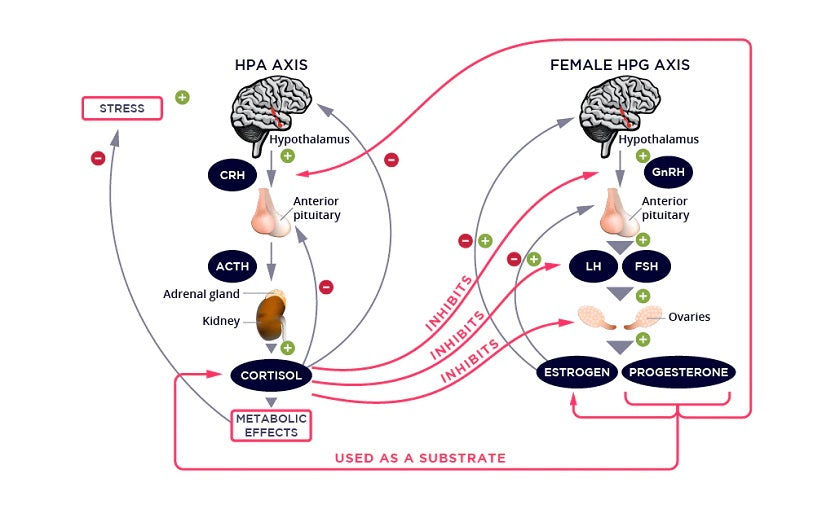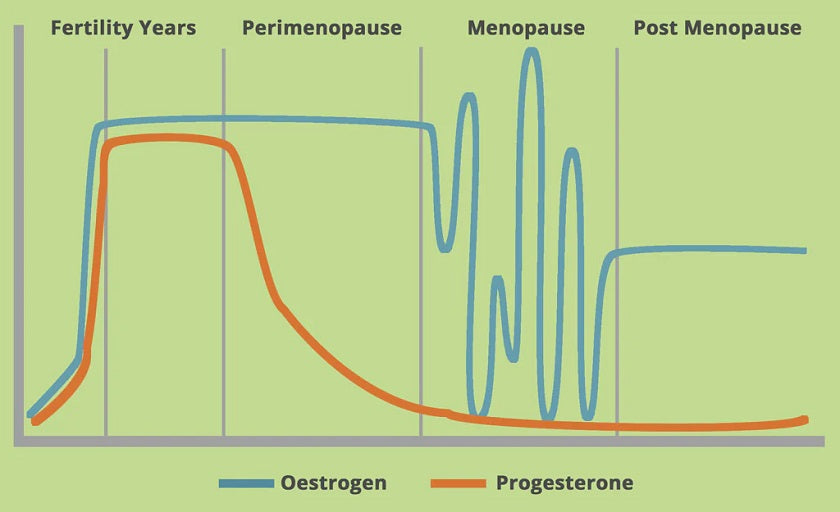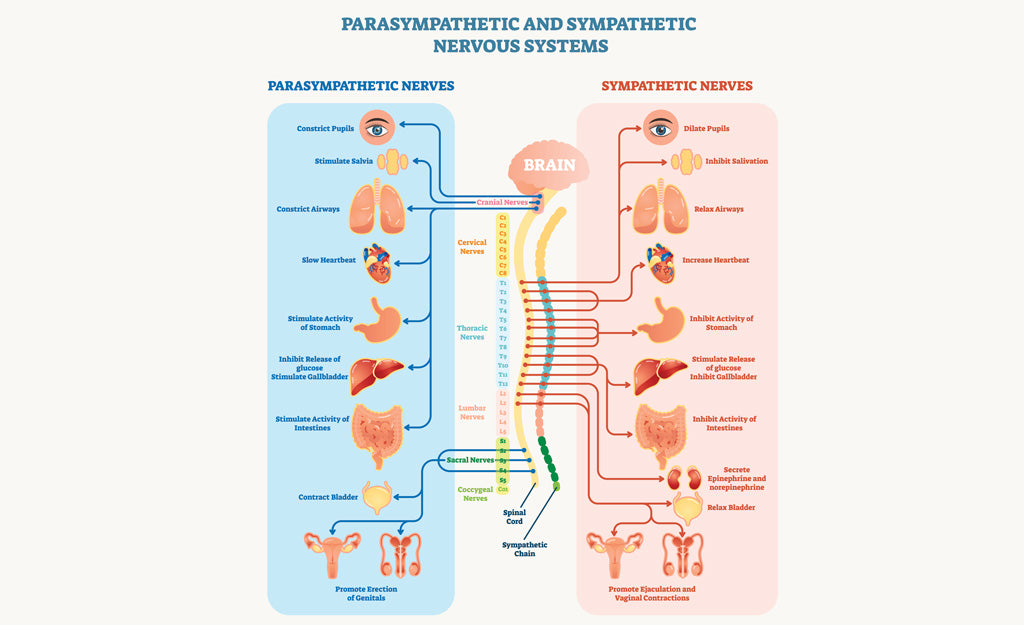Stress is one of the most significant contributing factors towards developing a hormonal imbalance.
The entire glandular system is interconnected, so when one gland is overstimulated, such as the adrenals in stress, then there are consequences in other glandular outputs.
During times of stress, the adrenals produce more cortisol, and since the body is now essentially in fight-or-flight mode, it starts to reduce sex hormone production.
This is a natural survival response. In hard times, the body inhibits sex hormones to reduce the fertility rates; and then in good times, hormones balance and fertility levels increase.
If you ever wondered why infertility rates are so high, persistent levels of stress is one of the main reasons.
What is cortisol?
In its normal function, cortisol helps us meet life’s challenges by converting proteins into energy, releasing glycogen and counteracting inflammation.
For a short time, that’s okay. But at sustained high levels, cortisol gradually tears your body down.
Cortisol is one essential we can’t live without. But too much of a good thing is not healthy.
Apart from causing hormonal imbalance, sustained high levels of cortisol destroys healthy muscle and bone; slows down healing and normal cell regeneration; co-opts biochemicals needed to make other vital hormones; impairs digestion, metabolism and mental function; interferes with healthy endocrine function, and weakens your immune system.
After a period of time, the adrenals eventually become fatigued, which may be a factor in many related conditions - including fibromyalgia, hypothyroidism, chronic fatigue syndrome, arthritis, premature menopause and others. It may also produce a host of other unpleasant symptoms, from acne to hair loss.

For menopausal women, this is a particular problem - because during and after menopause, the adrenals need to produce small amounts of oestrogen - so when they are depleted, it leads to more extreme menopausal symptoms.
Women today are doing too much. Women's bodies were not designed for long-term stress levels, and the result is imbalanced hormones.
Unfortunately, we often cannot change our life circumstances; however, there is one thing that you can do. MEDITATE.
Research has shown conclusively that meditation helps to reduce stress hormones and increases a beneficial hormone called DHEA, which is the building block for hormone production and a natural anti-ageing hormone.
So what is the best type of meditation?
Well, it all depends on the individual, but a form of meditation that stills the mind, stills the body, and leaves you with a sense of balance and calm.
Yoga and meditation together are particularly beneficial. We have created this simple guided meditation to help you start the process.
Guided meditation or relaxation is perfect for beginners and keeps your mind focused. Find a quiet place and put on some headphones and see how you feel after the relaxation.
So no excuses, just make the time - otherwise, your hormonal imbalance will always be an issue. If you find it difficult to meditate, it could be a sign that you need it even more - so don’t give up.
It takes time to train the mind, but in a few weeks you will find peace in the simple practice of meditation and your hormones will thank you.

Research Papers
Journal of Behavioral Medicine 1992 15(4):327-341
Elevated serum dehydroepiandrosterone sulfate levels in practitioners of the Transcendental Meditation (TM) and TM-Sidhi programs.
Glaser JL, Brind JL, Vogelman JH, Eisner MJ, Dillbeck MC, Wallace RK, Orenteich N.
Excerpt:
Compared to controls, middle-aged and older individuals practising the TM technique have been found to maintain higher levels of DHEA-s - a hormone that declines steadily throughout adult life.
Low levels of DHEA-s have been linked to a variety of diseases and with increased mortality.
On average levels of DHEA-s in people practising the TM technique were comparable to levels of non-meditators who were 5 to 10 years younger - a difference that could not be explained by variations in diet, weight, or exercise habits.
Indications of Younger Biological Age: Increased DHEA-S Levels in Female and Older Male Practitioners of the TM and TM-Sidhi Program. Studies show DHEA-S acts as a mood elevator (anti-depressive).









Leave a comment
This site is protected by hCaptcha and the hCaptcha Privacy Policy and Terms of Service apply.